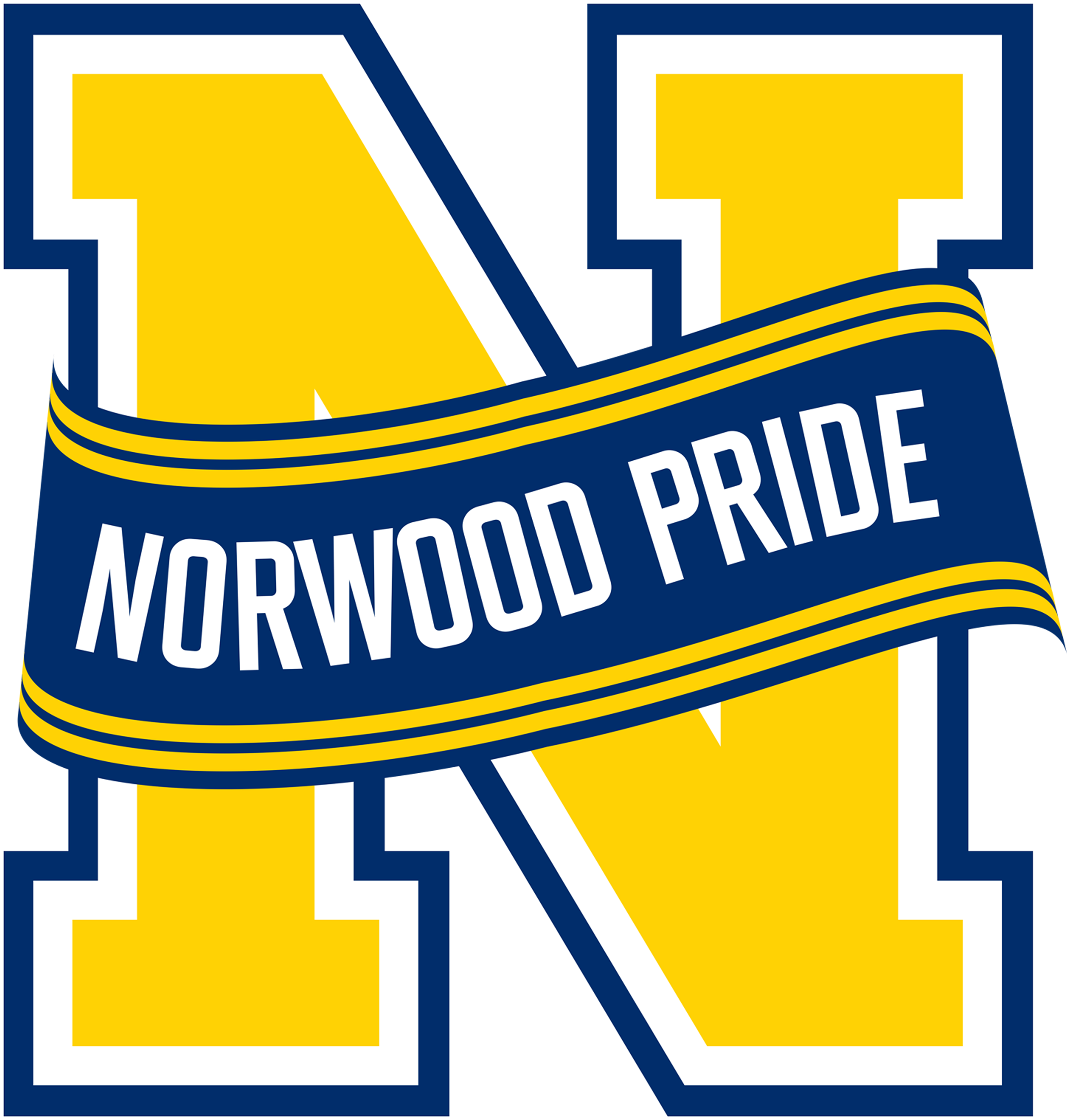Board of Education
FREQUENTLY ASKED QUESTIONS
Under Construction. Fill in this area.
NORWOOD BOARD OF EDUCATION
Mrs. Heather Garcia - President garciah@nvnet.org
Mr. Michael Sprague - Vice-President sprague@nvnet.org
Mrs. Rita Bodine - Trustee bodiner@wearenorwood.com
Mrs. Jennifer Eisberg - Trustee eisbergj@wearenorwood.com
Mrs. Juliana Lee - Trustee leejuliana@wearenorwood.com
Mr. Omar Pedraza - Trustee pedrazaom@wearenorwood.com
Mrs. Kelly Wilson - Trustee wilsonk@wearenorwood.com
Mr. Michael Jordan, School Business Administrator/Board Secretary - jordanm@wearenorwood.com
Mrs. Susan Sullivan, Assistant to the BA - sullivans@wearenorwood.com
Board of Education Meeting Dates 2025
Norwood Strategic Plan 2019 - 2024
Board of Education Roles and Responsibilities
Ethics for School Officials 2025
Norwood BOE Request for Proposal
What Does Your Board of Education Do?
The Board is comprised of 7 elected members, unpaid volunteers from the community of Norwood. The Board is the policy making body, Its primary task is the formation and evaluation of all policies necessary for the operation of the school district. Examples of the Board's legal responsibilities may include:
Policy Making
Curriculum Overseer
Negotiator of Contracts
Approver of Employee Hiring
Evaluator of the Chief School Administrator
Advocate for the District's public relations needs
Voting Information
At the annual spring election, voters choose members of the seven members, in staggered three year terms as well as cast ballots for the amout of money that must be raised through local taxation to support the proposed school budget for the coming school year. To be eligible to vote, residents must be at least 18 years old on the date of the election and a citizen of the United States. Residents must be living in the State and County for a minimum of 30 Days before the election. Absentee ballots may be obtained in the Board of Education office during regular business hours. We urge you to exercise your voice and your American right to vote! Your support is crucial to our ability to maintain high standards of education for our children.
Channels of Communication
The Board of Education welcomes commentary from the public on matters involving the Norwood School. Initial comments, suggestions, and complaints should be made to the parties most directly involved. This encourages prompt and effective resolution of the problem at the point of its origin. It also ensures communication and feedback, which are crucial to the ongoing pursuit of a positive educational program that meets the individual student needs.
Concerns of an individual nature having to do with students, teachers and classroom operations, are to be discussed with the school staff before being brought before the Board of Education. Complaints should first be made to the teacher(s) involved, discussed together and, hopefully resolved at that level, then to our Principal who will seek to problem solve the issue.
Most issues should be resolved at the first or second level. On those rare circumstances, the few unresolved issues should be brought to the attention of the Chief School Administrator. He will try to resolve the issue to the benefit of the student and the mutual acknowledgement of the staff member and parents. It is expected that the overwhelming percentage of concerns will be addressed by this level.
Issues not resolved at the other levels may need to be brought, in writing, to the attention of the Board of Education. The Board Secretary/School Administrator will forward such concerns to the Board.
Issues of general school district nature should first be directed to the Chief School Administrator. As the executive member of the Board of Education, he is best equipped to secure an informed response. However, if he deems the concern to be a policy issue not dealt with in existing policy, he may choose to bring the matter before the Board of Education. A copy of the relevant policy on grievances is available in our link for "policies" and is summarized in our parent handbook.
